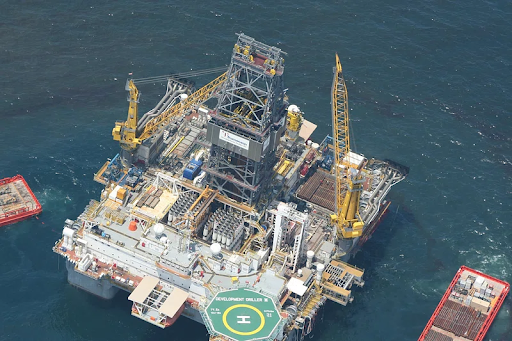The long-term outlook for natural gas demand has been revised upward by BP, now projecting 4,806 billion cubic meters annually by 2050. This, alongside higher oil forecasts, underpins the energy giant’s conclusion that the world’s current trajectory is insufficient to achieve the 2050 net-zero emissions target, reflecting a clear slowdown in the global clean energy transition.
BP’s annual outlook includes a projection for oil consumption in 2050 to reach 83 million barrels per day (b/d), an 8% increase from the previous 77 million b/d estimate. Natural gas demand’s slight rise to 4,806 billion cubic meters in 2050 reinforces the persistent demand for hydrocarbons. The company also pushed back the expected peak oil demand date by five years, now projecting 103 million b/d in 2030.
The persistent demand is largely attributed to the global focus on energy security, intensified by geopolitical factors. BP’s chief economist highlights that conflicts in Ukraine and the Middle East, coupled with rising trade tariffs, are compelling nations to secure domestic supplies. While this might spur some states to accelerate towards low-carbon ‘electrostates,’ the report cautions that it also creates a strong incentive to rely on domestically produced fossil fuels over imported alternatives.
The report warns that the current slow pace has severe climate implications. BP’s modeling shows that cumulative carbon emissions are set to breach the critical 2∘C carbon budget limit by the early 2040s. This early breach, the company stresses, significantly increases the economic and social costs required for future climate stabilization. To meet the net-zero goal, BP calculates that oil demand needs to drop aggressively to about 35 million b/d by 2050.
Despite the rapid expansion of renewables—projected to meet over 80% of new electricity demand by 2035—oil is forecast to remain the single largest source of primary global energy supply, holding a 30% share in 2035. Renewables are set to rise from 10% to 15% of the primary energy supply by 2035 but are not expected to surpass oil’s market share until the late 2040s. This finding comes as BP implements a “fundamental reset” of its strategy toward ramping up oil and gas production.
BP’s New Trajectory: $4,806 Billion Cubic Meters Gas Demand in 2050
12

